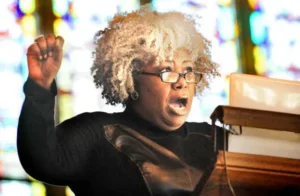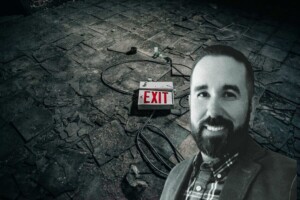
Meet “God + Country” Talking Head Anthea Butler: Christian In Name Only, Quite Literally
The upcoming documentary “God And Country,” produced by Rob Reiner, alleges that politically active conservative Christians (all lumped together under the label “Christian Nationalism”) don’t understand True Christianity and have let politics subsume their faith. However, if you take a look at who is delivering this message, it becomes clear





